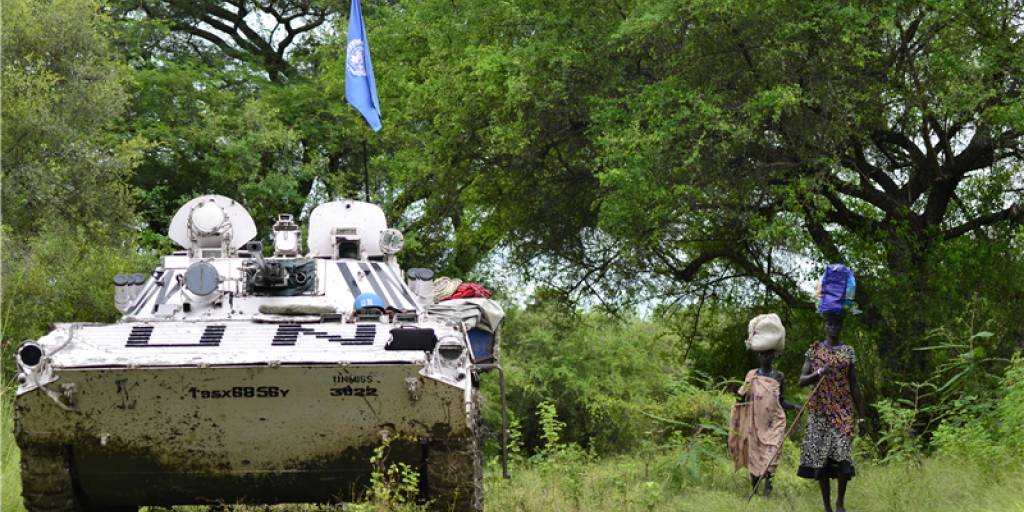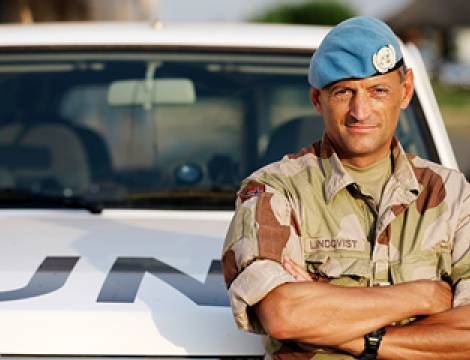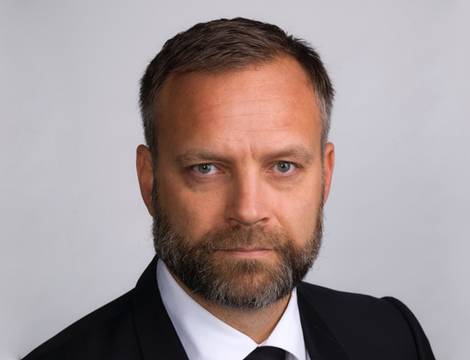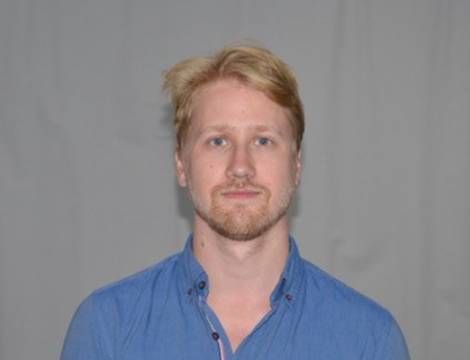E-learning: Human security and the military role
Finding the utility of military force to protect civilians from violence. A course by the Norwegian Defence University College.
-
Students at the Fincent NATO UN POC course will run this e-learning course during their pre-course study (normally one month prior to the course) and one more time during the course, this time with more in-depth questions and blended with other topics in the course curriculum.
The final exercise of the course will include the XR-programme (Extended Reality), where students will run work in groups on the threat analysis of the Suania scenario for one day, followed by two days with case studies of cases related to the use of force and learning aspects related to 21st century conflicts.
Two sets of questions
Each lesson will have two sets of questions. The first set (normally one or two questions) will be answered during the pre-course study. These questions are low-level and aims primarily at students recalling key content and the principle challenges the threat-based approach tries to come to grips with. So, in essence, the pre-course questions will help students better identify aspects of the concept they struggle with. Remember, the entire concept is identified as a threshold concept, with troublesome knowledge that for several reasons becomes a learning puzzle for most. This is also why the XR-programme has been developed as a learning tool to make students overcome the threshold and more intuitively internalize the concept.
-
"Human security and the military role" is an online course. You can complete the course at your own pace.
Login information:
Username:
human-fi
Password:
security-fi
What is the course main topic?
Military forces often fail to protect civilians from physical violence, even when providing protection is their key objective.
Why this course?

Research and development team
-
Petter HF Lindqvist

Lindqvist is an Army Colonel at the Norwegian Defence University College, specializing on the use of military force to improve human security in armed conflict. His operational experience covers four decades of UN and NATO operations, including Lebanon, Iraq, Afghanistan and South-Sudan.
-
Stian Kjeksrud

Dr. Kjeksrud is an Associate Professor at the Norwegian Defence University College, heading its research program on UN peace operations. Kjeksrud served as an officer and soldier in Afghanistan, North Macedonia, Kosovo, and Lebanon.
-
Alexander William Beadle

Beadle is a researcher at the Norwegian Defence Research Establishment and a PhD-candidate at the University of Oslo, heading a research project on global trends and the future of warfare. He has also worked extensively on understanding the utility of force in protecting civilians from violence, leading to several publications.
-
Gustav Nyquist

Nyquist is an experienced video content producer working at the Norwegian Defence University College’s section for Advanced Distributed Learning. He has extensive experience from movie production, documentary and information film.
-
Norwegian Broadcasting Corporation (NRK)





